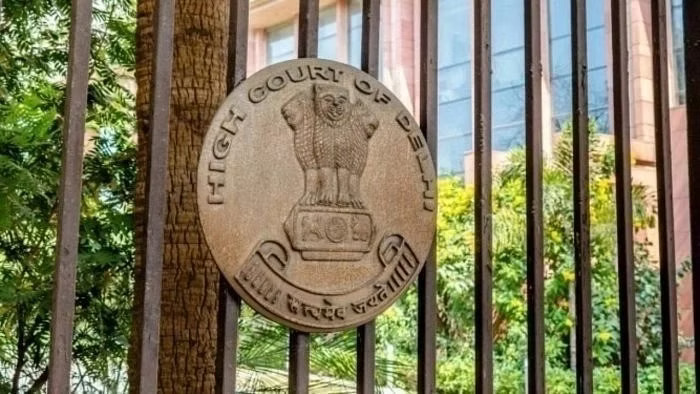In a notable move toward fostering inclusivity and accessibility within the legal system, the Delhi High Court has engaged sign language interpreters to facilitate hearing-impaired individuals in comprehending legal proceedings. This initiative represents a significant step forward in ensuring equal participation and understanding of court processes.
The deployment of sign language interpreters is part of the court’s commitment to make legal proceedings accessible to a broader audience, including those with hearing impairments. By providing this crucial support, the Delhi High Court aims to bridge the communication gap and ensure that all individuals, regardless of their abilities, have an equal opportunity to engage with the legal system.
Sign language interpreters are now available during court hearings, enabling hearing-impaired individuals to understand and participate in proceedings effectively. This development enhances their ability to comprehend legal arguments, provide statements, and follow the course of the case, ensuring their active involvement in the justice process.
Legal experts and advocacy groups have welcomed this initiative as a step toward a more inclusive legal system. The move aligns with the principles of equality, non-discrimination, and accessibility, setting an example for other legal institutions to follow suit.
The Delhi High Court’s commitment to inclusivity extends beyond legal proceedings, emphasizing the need for a society that accommodates the diverse needs of its citizens. This step is anticipated to have a positive impact on the lives of individuals with hearing impairments, promoting greater understanding and engagement within the legal domain.
As the initiative gains traction, it is anticipated that similar measures will be adopted in various legal institutions across the country, fostering a more accessible and inclusive legal system for all.










